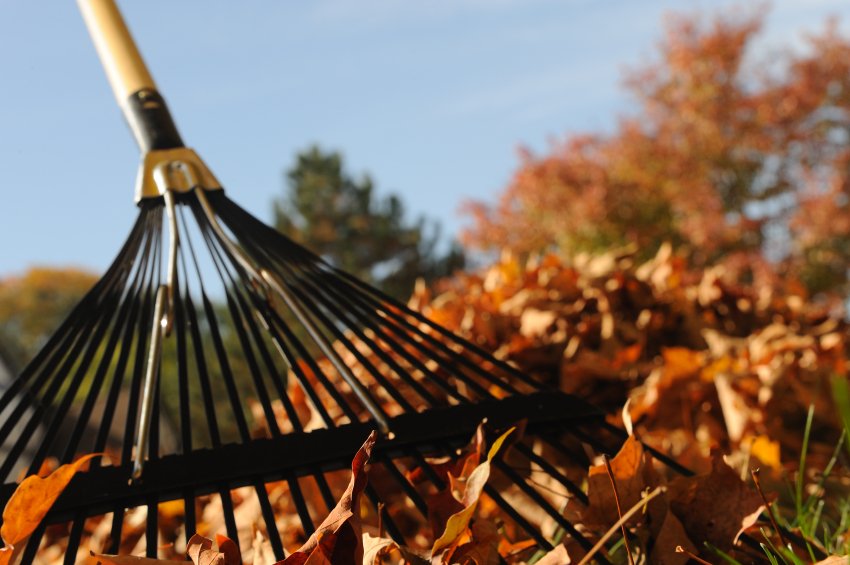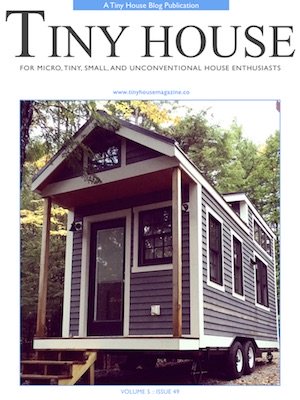The conventional way of getting rid of fall leaves is to rake or blow them into piles, then burn the piles or pack them into plastic bags for trash collection. But there are greener ways to deal with autumn leaves.
Burning pollutes the air and is dangerous (it’s also banned in some areas). Leaf blowers use fossil fuels and produce emissions. And leaf blowers are extremely loud and are considered by some to contribute to noise pollution as well. Leaves are biodegradable and surrounding them with non-biodegradable plastic makes little sense. So here are some alternatives.
1. Compost
You can add raked leaves to your existing compost pile. They will break down and make rich compost. You can also compost leaves alone, creating a rich compost called leaf mold. Leaf mold can be used as fertilizer like regular compost.
2. Mulch
Spreading fallen leaves over your garden can make excellent protective mulch. Leaf mulch protects roots from excessive cold, and it can even protect foliage if you pile it deep enough. Potted plants can benefit from a pile of leaf mulch over and around their containers. Leaf mulch will make the soil richer as it decomposes, too.
Fallen leaves can be chopped or shredded and used as mulch in that form, too. When they are cut into smaller pieces, leaves can be used as mulch on your main lawn. If you don’t have a shredder, you can run your lawnmower over the fallen leaves on the lawn to chop them up. If you use a reel mower, it’s an even more eco-friendly venture.
3. Rake
Raking is much more eco-friendly than using a leaf blower, as noted above. It’s also good exercise. Choose a rake that is comfortable in your hands and is easy to handle. You can rake the leaves onto a tarp and then drag them to your compost pile or wherever you choose to dispose of them.
4. Leave some leaves
You don’t have to rake every leaf off your lawn and property. Leave some of them as shelter for overwintering animals and insects. Frogs, birds, and other creatures like to burrow under fallen leaves for protection from the cold. So leave some fallen leaves under your shrubs and around your trees.
Also, if you live in a wooded area, you can spread the leaves onto the forest floor. Wild creatures and plants benefit from this covering of leaves.
There are a lot of options for fallen leaves that do not contribute to pollution and global warming.



